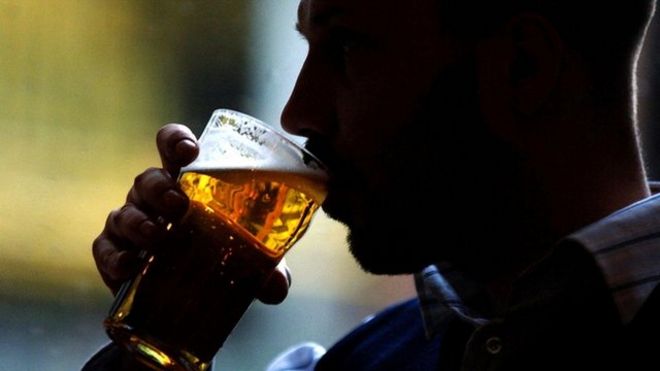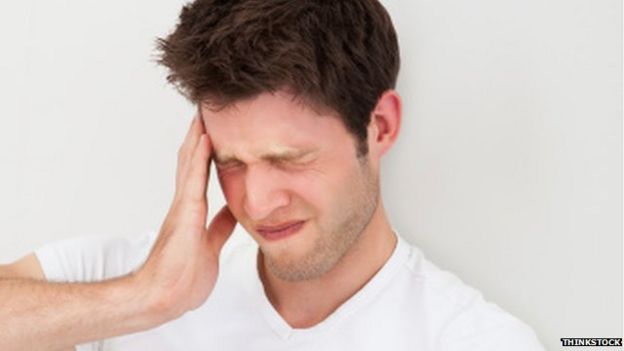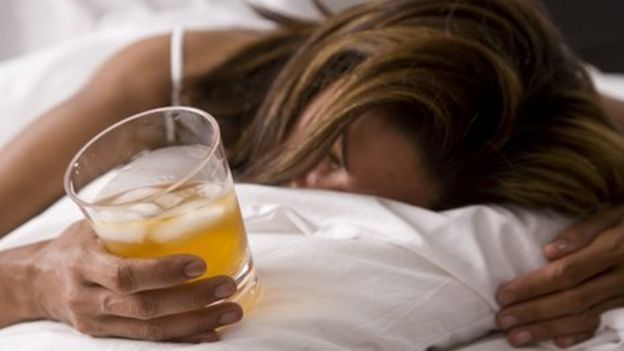
Raiding the fridge or downing glasses of water after a night of heavy drinking won't improve your sore head the next day, Dutch research suggests.
Instead, a study concluded, the only way to prevent a hangover is to drink less alcohol.
More than 800 students were asked how they tried to relieve hangover symptoms, but neither food nor water was found to have any positive effect.
The findings are being presented at a conference in Amsterdam.
A team of international researchers from the Netherlands and Canada surveyed students' drinking habits to find out whether hangovers could be eased or if some people were immune to them.
Among 826 Dutch students, 54% ate food after drinking alcohol, including fatty food and heavy breakfasts, in the hope of staving off a hangover.
With the same aim, more than two-thirds drank water while drinking alcohol and more than half drank water before going to bed.
Although these groups showed a slight improvement in how they felt compared with those who hadn't drunk water, there was no real difference in the severity of their hangovers.

Previous research suggests that about 25% of drinkers claim never to get hangovers.
So the researchers questioned 789 Canadian students about their drinking in the previous month and the hangovers they experienced, finding that those who didn't get a hangover simply consumed "too little alcohol to develop a hangover in the first place".
Of those students who drank heavily, with an estimated blood alcohol concentration of more than 0.2%, almost no-one was immune to hangovers.
According to lead author Dr Joris Verster, from Utrecht University, the relationship was pretty straightforward.
"The more you drink, the more likely you are to get a hangover.
"Drinking water may help against thirst and a dry mouth, but it will not take away the misery, the headache and the nausea."
'No cure'
Dr Verster said part of the problem was that scientists still do not know what causes a hangover.
"Research has concluded that it's not simply dehydration - we know the immune system is involved, but before we know what causes it, it's very unlikely we'll find an effective cure."
He said the next step was to carry out more controlled trials on hangovers.
Dr Michael Bloomfield, from University College, London, said the economic costs of alcohol abuse ran into hundreds of billions of euros every year.
"It's therefore very important to answer simple questions like, 'How do you avoid a hangover?'
"Whilst further research is needed, this new research tells us that the answer is simple - drink less."
The paper is presented at the European College of Neuropsychopharmacology conference.

What strategies do people use when they have drunk too much alcohol?

Find out why alcohol can make you feel awful the morning after.



No comments:
Post a Comment